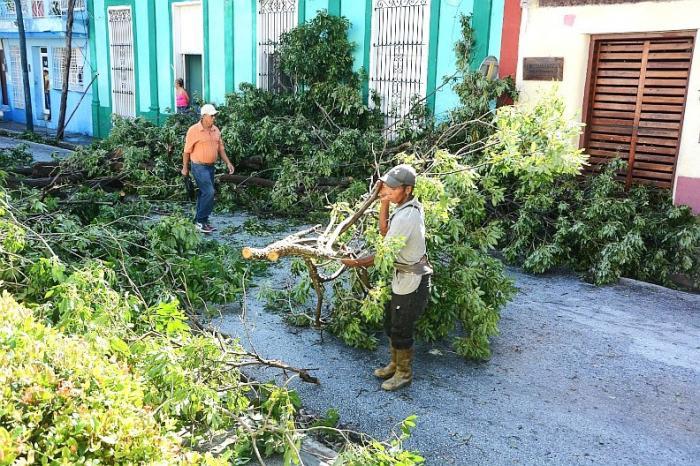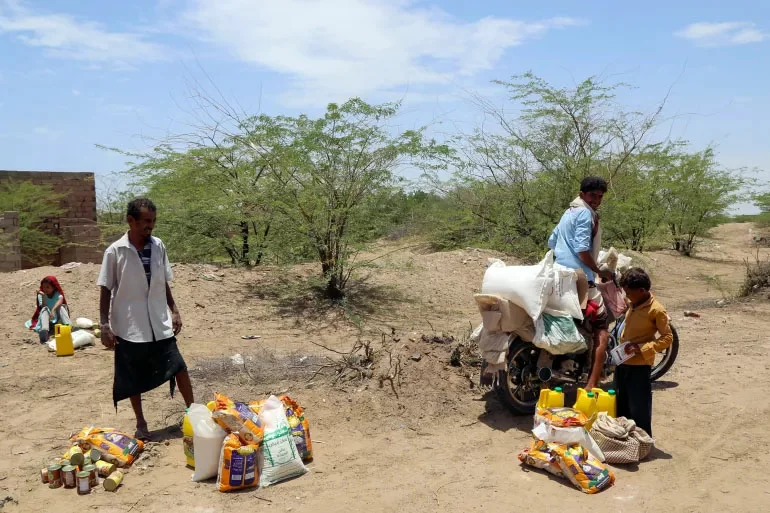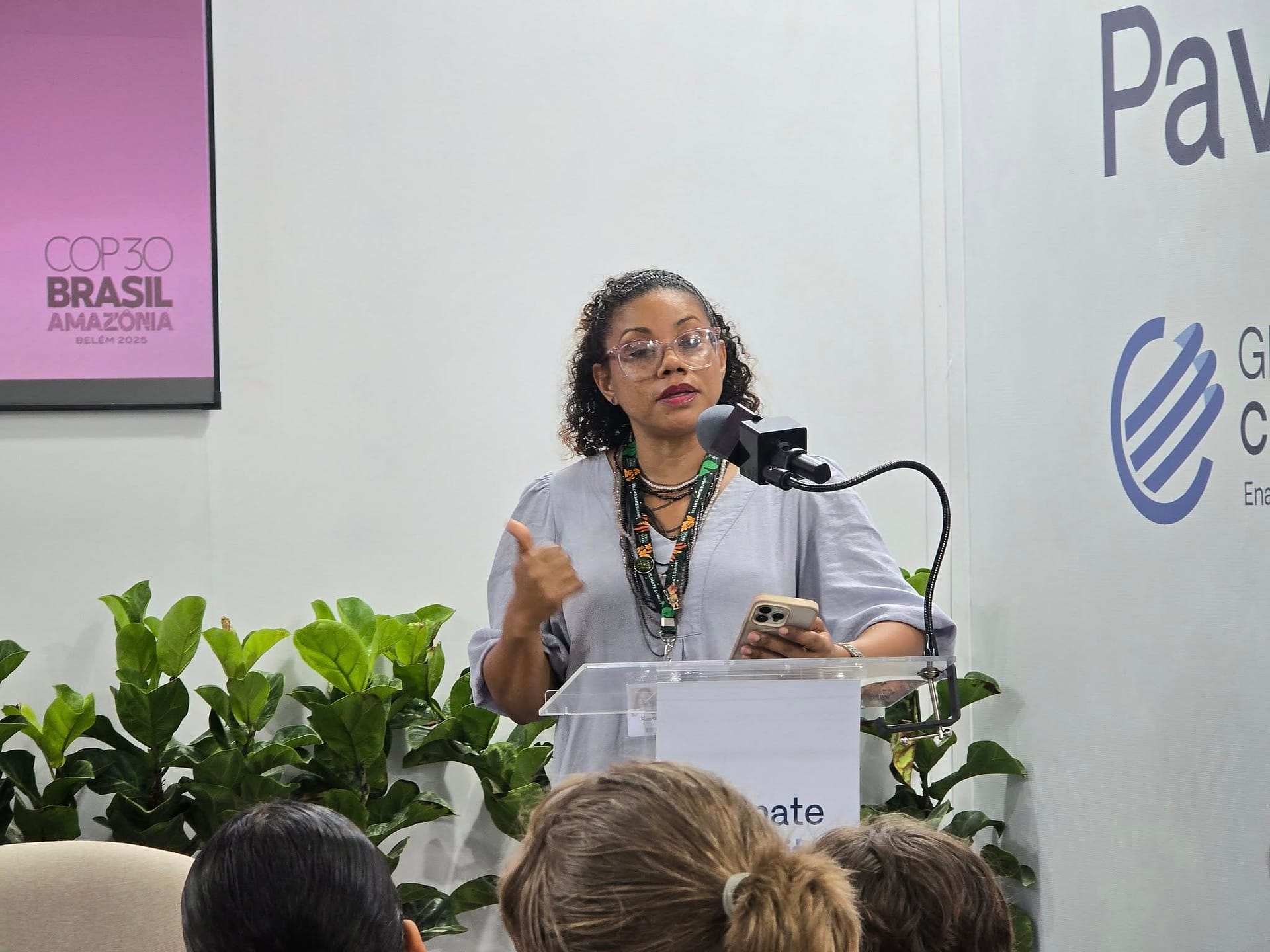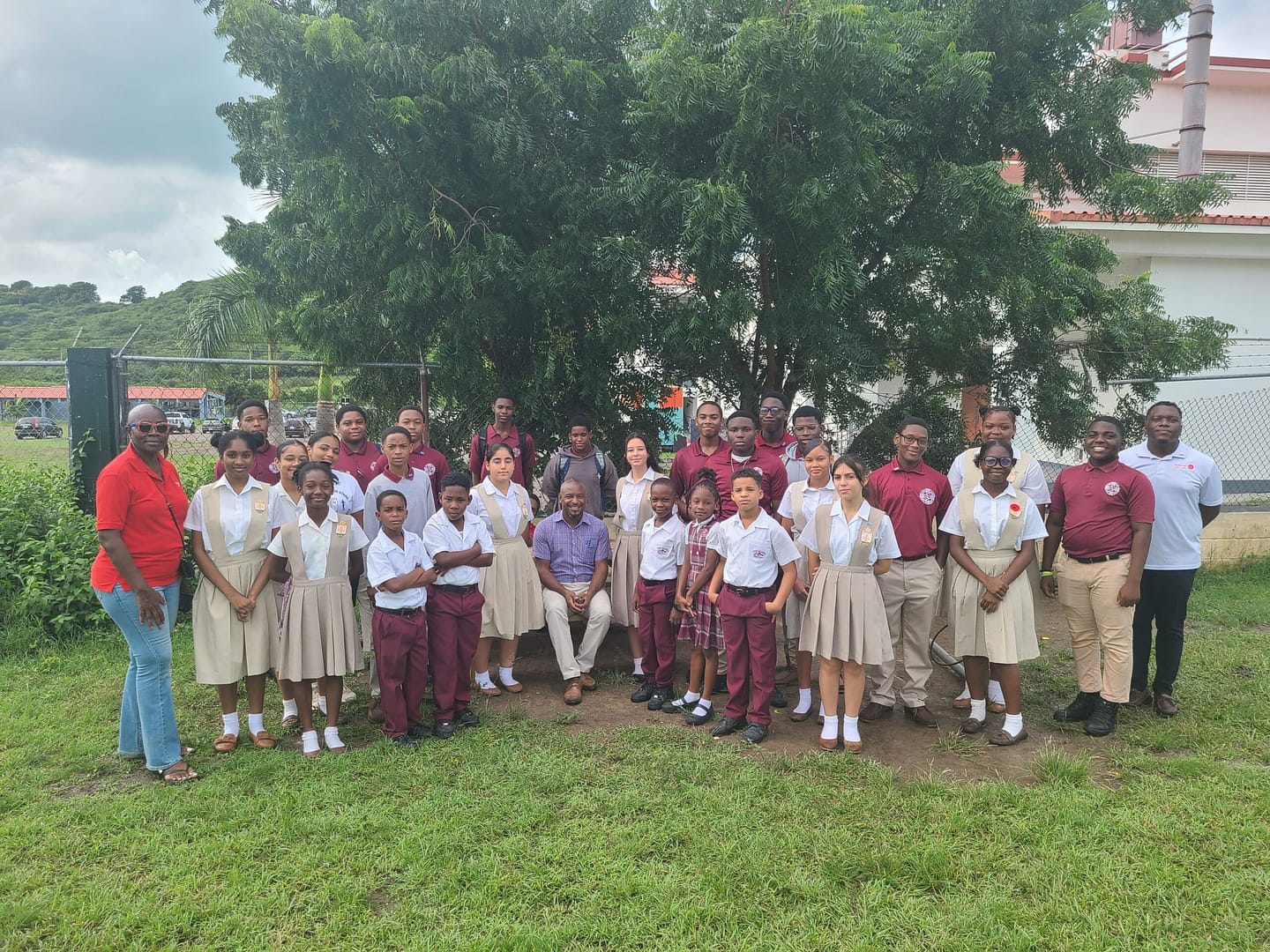Authorities are currently investigating a reported theft involving a woman’s former boyfriend, who allegedly broke into her St. John’s Street apartment early Sunday morning. The suspect is accused of stealing an $800 wig and $2,000 in cash during the incident, which occurred around 5 a.m. The man, who is reportedly known to the victim, entered the residence, took the items, and fled the scene. Officers from the Criminal Investigations Department have interviewed the complainant and initiated searches for both the suspect and the missing property. Despite their efforts, neither the individual nor the stolen items have been located. The investigation remains ongoing as law enforcement continues to pursue leads.
博客
-

Recovery is growing, but much remains to be done for easterners to return to their daily lives
Under the leadership of First Secretary of the Party Central Committee and President Miguel Díaz-Canel Bermúdez, alongside Prime Minister Manuel Marrero Cruz, the National Defense Council has been rigorously overseeing recovery operations in regions devastated by Hurricane Melissa. The storm inflicted severe damage on Guantánamo, Santiago de Cuba, Granma, and Holguín, disrupting essential services such as electricity, water supply, and telecommunications.
The restoration of electricity has been a focal point, with significant progress reported in various provinces. In Las Tunas, 99.95% of customers have regained power, while Guantánamo and Holguín have achieved 96.45% and 79.76% restoration, respectively. However, Santiago de Cuba remains a critical area, with only 29.23% of electricity services restored due to extensive damage to distribution lines. Efforts are concentrated here, with additional brigades being deployed to expedite repairs.
Water supply restoration is also underway, with varying levels of success across provinces. Holguín has restored service to 83% of its population, while Guantánamo and Granma have achieved 96% and 55%, respectively. Santiago de Cuba, however, lags with 57% restoration, partly reliant on water trucks.
The Economic and Social Body subgroups reported on agricultural recovery, with 13,000 hectares of crops like plantains, cassava, and coffee already rehabilitated. Additionally, construction materials and equipment have been dispatched to aid in rebuilding efforts.
The National Civil Defense General Staff has transitioned several municipalities into the Recovery Phase, acknowledging the disciplined and cooperative response from the population and media during this crisis.
-

COP30: VN waarschuwt voor miljoenen ontheemden door klimaatverandering
As the United Nations prepares to convene its 30th annual climate conference (COP 30) in Brazil, a stark warning has been issued regarding the escalating global crisis of climate-induced displacement. The UN High Commissioner for Refugees (UNHCR) revealed in a newly published report that weather-related disasters have forced approximately 250 million people to flee their homes over the past decade, equating to over 67,000 displacements daily. The report, titled *No Escape II: The Way Forward*, underscores the compounding challenges faced by displaced populations, particularly in conflict-ridden and vulnerable regions. Climate change exacerbates existing hardships, with floods in South Sudan and Brazil, record-breaking heatwaves in Kenya and Pakistan, and water shortages in Chad and Ethiopia cited as recent examples. By 2040, the number of countries facing extreme climate-related risks is projected to surge from three to 65, housing over 45% of the world’s conflict-displaced populations. UNHCR chief Filippo Grandi emphasized the devastating impact of extreme weather, which destroys homes and livelihoods, forcing families—many already displaced by violence—to flee again. The report also highlights the dire conditions in refugee camps across Gambia, Eritrea, Ethiopia, Senegal, and Mali, where residents are expected to endure nearly 200 days of dangerous heat stress annually by 2050. Despite the growing urgency, global commitment to addressing climate change appears to wane. The UNHCR aims to reinvigorate efforts during COP 30, particularly as traditional donor nations, including the United States under former President Donald Trump, have significantly reduced foreign aid. Grandi stressed the need for climate financing to reach communities on the brink, urging COP 30 to deliver tangible action rather than empty promises. The conference, attended by 50,000 participants from over 190 countries, will also address contentious issues such as the European Union’s Carbon Border Adjustment Mechanism (CBAM), which critics view as protectionist. Developing nations express concerns over the disproportionate financial burden of climate action.







